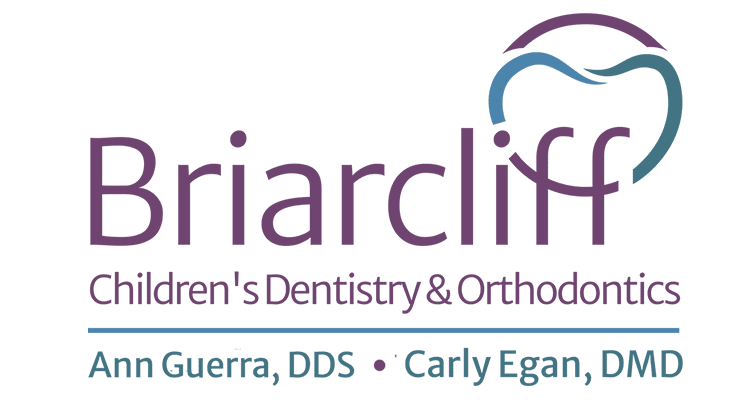The Impact of Sports on Dental Health: Preventive Measures for Back to School

Parents and young athletes are gearing up for a season filled with sports practices, games, and activities as the new school year approaches. While sports offer numerous benefits, such as physical fitness, teamwork, and discipline, they also come with risks to dental health.
At Briarcliff Children's Dentistry & Orthodontics, we believe in taking proactive measures to ensure that your child can enjoy their sports activities without compromising their dental well-being. This blog post will guide you through the impact of sports on dental health and offer preventive measures to keep those pearly whites safe.
The Link Between Sports and Dental Injuries in Children
Dental injuries are surprisingly common among young athletes. According to the American Dental Association (ADA), sports activities account for a significant number of childhood dental injuries. These injuries can range from fractured or chipped teeth to even more severe damage like tooth avulsion (complete dislodgement). Due to their physical nature, sports such as soccer, basketball, and baseball carry a high risk.
The Importance of Mouthguards in Preventing Dental Trauma
A mouthguard is one of the best ways to prevent sports-related dental injuries. Studies have shown that dental mouthguards can reduce the risk of sports-related dental injuries by up to 60%. They act as a cushion, absorbing the impact and protecting the teeth, gums, and jaw from injury.
Tips for Selecting the Right Mouthguard
Parents often ask, "What type of mouthguard is best for my child?" Here are some tips to consider:
- Custom-Fit Mouthguards: These are made for your child's mouth and offer the best protection and comfort. While they may be more expensive, they are worth the investment for serious athletes.
- Boil-and-Bite Mouthguards: These are available at sporting goods stores and can be molded to fit your child's teeth after being softened in boiling water. They offer a good balance between protection and cost.
- Stock Mouthguards: These are off the shelf and ready to wear. However, they often fit poorly and can make breathing and speaking difficult, which may deter kids from wearing them consistently.
Proper Oral Hygiene for Athletes
Maintaining good oral hygiene is vital for athletes. The increased physical activity can lead to dehydration and a dry mouth, which reduces saliva flow and increases the risk of gum disease and cavities. Here are some tips to keep in mind:
- Hydrate Well: Ensure your child drinks plenty of water before, during, and after sports activities.
- Brushing and Flossing: Encourage your child or teen to brush their teeth twice each day and floss every day to remove plaque and food particles.
- Healthy Diet: Limit sugary snacks and drinks that contribute to tooth decay. Opt for nutritious snacks like fruits, vegetables, and cheese.
Regular Dental Check-Ups
Scheduling regular dental check-ups is essential for the early detection and prevention of sports-related dental issues. Your dentist can identify potential oral health problems and provide important guidance tailored to your child's needs. They can also advise on the best type of mouthguard and how to care for it properly.
What to Do in Case of a Dental Emergency
Despite all preventive measures, dental emergencies can still happen. Here's what you should do if your child experiences a dental injury:
- Chipped or Fractured Tooth: Rinse the mouth with lukewarm water, applying a cold compress to reduce swelling and discomfort. Save any broken-off pieces of the tooth and visit the dentist immediately.
- Knocked-Out Tooth: Hold the tooth by the crown (the part that shows in the mouth) and rinse it with water if dirty. Do not apply pressure when cleaning the tooth or remove any attached tissue. Try to put the tooth back in the socket if possible. If not, place it in a milk or saline solution container and see a dentist within 30 minutes.
Frequently Asked Questions
Can my child wear braces and still use a mouthguard?
Yes, there are special mouthguards designed to fit over braces. Your dentist can help you choose the right one.
How often should my child replace their mouthguard?
It’s recommended that the mouthguard be replaced every season or if it shows signs of wear and tear.
Call Briarcliff Children's Dentistry & Orthodontics
Sports can significantly impact your child's dental health, but you can minimize these risks with the proper preventive measures. Ready to take the next step in safeguarding your child's dental health? Please schedule a consultation with one of our Briarcliff Children's Dentistry & Orthodontics experts today by calling 914-762-6260.
